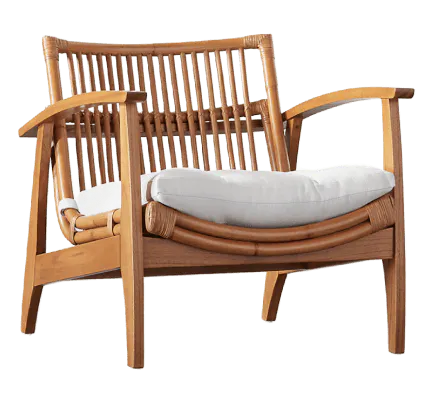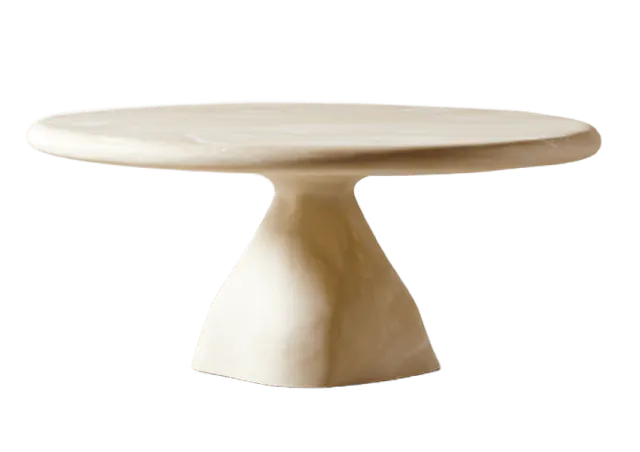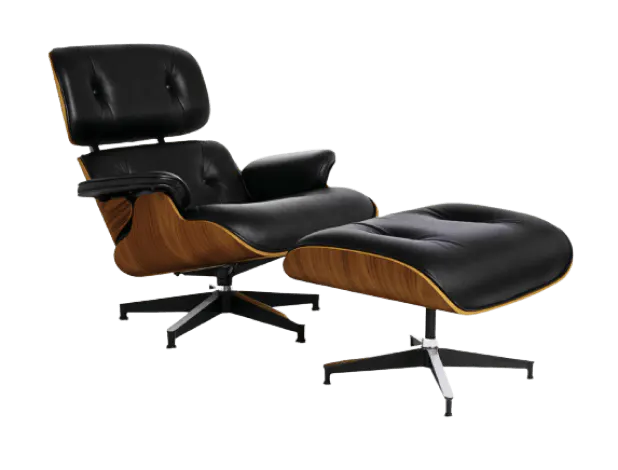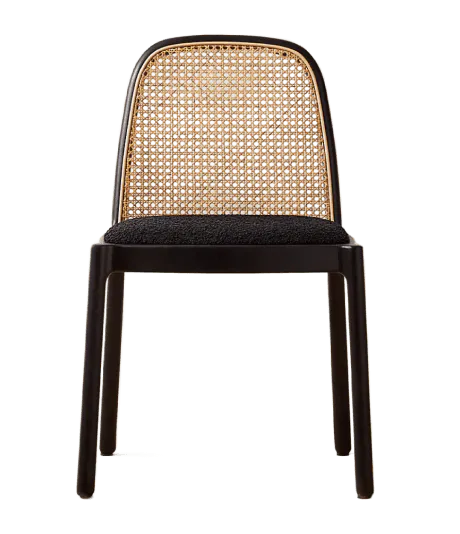Shower Bench
Things to consider
Consider the material of the shower bench. Choose wood for a natural look or plastic for easy maintenance. If you want something strong, go for metal.
Check the size of the bench. Make sure it fits in your shower without taking up too much space. It's important to have room to move around.
Think about the weight capacity. Ensure the bench can support the weight of the person using it. This is crucial for safety.
Look at the design and style. The bench should match the rest of your bathroom decor. A stylish bench can enhance the look of your shower.
Consider if you need storage. Some benches come with shelves or compartments. These can be handy for keeping shower items organized.
Check for non-slip features. A bench with rubber feet or a textured surface can prevent slipping.
Good to know
What are the benefits of having a shower bench?
A shower bench offers numerous benefits, including providing a safe and comfortable place to sit while showering, making it an ideal addition for individuals with mobility issues or for those who prefer leisurely showers. It also serves as a convenient spot to place toiletries, shave legs, or relax during a steam shower, enhancing the overall shower experience.
How can someone add a bench to their current shower?
To add a bench to your current shower, one can choose from different options such as installing a built-in bench during a bathroom remodel, opting for a fold-down bench that attaches to the shower wall, or simply placing a portable, waterproof bench that suits the shower space. It's important to ensure the chosen bench fits well within the shower dimensions and complements the bathroom's aesthetic.
What materials are best for a shower bench?
The best materials for a shower bench are those that resist moisture and are durable in wet environments. Common materials include teak wood, which is naturally water-resistant and aesthetically pleasing, as well as materials like stone, granite, or marble for a luxury feel. Additionally, high-quality plastic or waterproof metal benches offer lightweight and rust-resistant options.
How much weight can a typical shower bench hold?
A typical shower bench can hold between 200 to 400 pounds, depending on the design and material. Built-in benches generally offer higher weight capacities due to their fixed nature and support from the wall or floor, while portable benches should always be checked for their specific weight rating to ensure safety and stability.
Is a built-in or a portable shower bench better?
Choosing between a built-in or a portable shower bench depends on individual needs and bathroom design. Built-in benches offer a permanent and seamless look, ideal for those undergoing a bathroom renovation or who prefer a stable option. Portable benches, on the other hand, provide flexibility, are easier to move, and can be used in different bathrooms, making them a practical choice for renters or those who anticipate changing needs.
What are the benefits of having a shower bench?
A shower bench offers numerous benefits, including providing a safe and comfortable place to sit while showering, making it an ideal addition for individuals with mobility issues or for those who prefer leisurely showers. It also serves as a convenient spot to place toiletries, shave legs, or relax during a steam shower, enhancing the overall shower experience.
How can someone add a bench to their current shower?
To add a bench to your current shower, one can choose from different options such as installing a built-in bench during a bathroom remodel, opting for a fold-down bench that attaches to the shower wall, or simply placing a portable, waterproof bench that suits the shower space. It's important to ensure the chosen bench fits well within the shower dimensions and complements the bathroom's aesthetic.
What materials are best for a shower bench?
The best materials for a shower bench are those that resist moisture and are durable in wet environments. Common materials include teak wood, which is naturally water-resistant and aesthetically pleasing, as well as materials like stone, granite, or marble for a luxury feel. Additionally, high-quality plastic or waterproof metal benches offer lightweight and rust-resistant options.
How much weight can a typical shower bench hold?
A typical shower bench can hold between 200 to 400 pounds, depending on the design and material. Built-in benches generally offer higher weight capacities due to their fixed nature and support from the wall or floor, while portable benches should always be checked for their specific weight rating to ensure safety and stability.
Is a built-in or a portable shower bench better?
Choosing between a built-in or a portable shower bench depends on individual needs and bathroom design. Built-in benches offer a permanent and seamless look, ideal for those undergoing a bathroom renovation or who prefer a stable option. Portable benches, on the other hand, provide flexibility, are easier to move, and can be used in different bathrooms, making them a practical choice for renters or those who anticipate changing needs.
What are the benefits of having a shower bench?
A shower bench offers numerous benefits, including providing a safe and comfortable place to sit while showering, making it an ideal addition for individuals with mobility issues or for those who prefer leisurely showers. It also serves as a convenient spot to place toiletries, shave legs, or relax during a steam shower, enhancing the overall shower experience.
How can someone add a bench to their current shower?
To add a bench to your current shower, one can choose from different options such as installing a built-in bench during a bathroom remodel, opting for a fold-down bench that attaches to the shower wall, or simply placing a portable, waterproof bench that suits the shower space. It's important to ensure the chosen bench fits well within the shower dimensions and complements the bathroom's aesthetic.
What materials are best for a shower bench?
The best materials for a shower bench are those that resist moisture and are durable in wet environments. Common materials include teak wood, which is naturally water-resistant and aesthetically pleasing, as well as materials like stone, granite, or marble for a luxury feel. Additionally, high-quality plastic or waterproof metal benches offer lightweight and rust-resistant options.
How much weight can a typical shower bench hold?
A typical shower bench can hold between 200 to 400 pounds, depending on the design and material. Built-in benches generally offer higher weight capacities due to their fixed nature and support from the wall or floor, while portable benches should always be checked for their specific weight rating to ensure safety and stability.
Is a built-in or a portable shower bench better?
Choosing between a built-in or a portable shower bench depends on individual needs and bathroom design. Built-in benches offer a permanent and seamless look, ideal for those undergoing a bathroom renovation or who prefer a stable option. Portable benches, on the other hand, provide flexibility, are easier to move, and can be used in different bathrooms, making them a practical choice for renters or those who anticipate changing needs.










